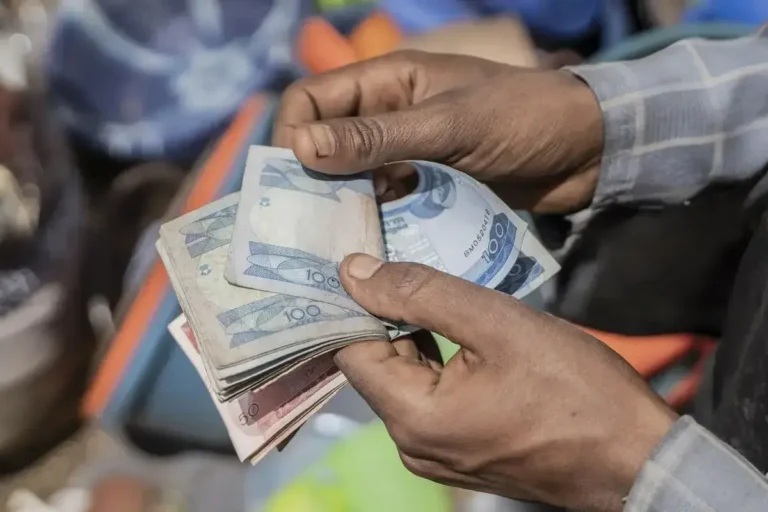Ethiopia has earned 2.6 billion U.S. dollars in revenue from export trade during the first five months of this Ethiopian fiscal year.
The Ethiopian fiscal year began on July 8.
Ethiopian State Minister of Trade and Regional Integration Yasmin Wohabrebbi speaking at a public-private dialogue forum discussing pulses and oilseeds export trade in Addis Ababa, said the country’s export trade in recent years has seen a positive trajectory and the export of agricultural commodities significantly contributed to the better performance of the sector.
The East African country, which exported over 670 U.S. million dollars worth of pulses and oilseeds during the previous fiscal year, projected a 10 percent increase during the current fiscal year.
She attributed the increase in the export of agricultural commodities during the recent years to the government’s comprehensive homegrown economic reform and commitment to designing and executing various enabling initiatives to bring about structural transformation in the country’ export business.
She stressed the need for reinforcing activities in collaboration with all stakeholders to eradicate contraband trade, properly utilizing the opportunity that the AfCFTA can present, increasing production and productivity, modernising the marketing system to transform the country’s export trade.
Ethiopia anticipates generating over 700 million U.S. dollars in revenue from the export of pulses and oilseeds during the current Ethiopian 2024/2025 fiscal year that started on July 8, according to the Ethiopian Ministry of Trade and Regional Integration.
China has been a major destination for Ethiopia’s pulses and oilseeds export commodities during the past decade, particularly sesame seeds. Sesame, along with coffee, is one of Ethiopia’s top export commodities, as the East African country’s export sector is largely dominated by the export of agricultural products.
MG/as/APA


